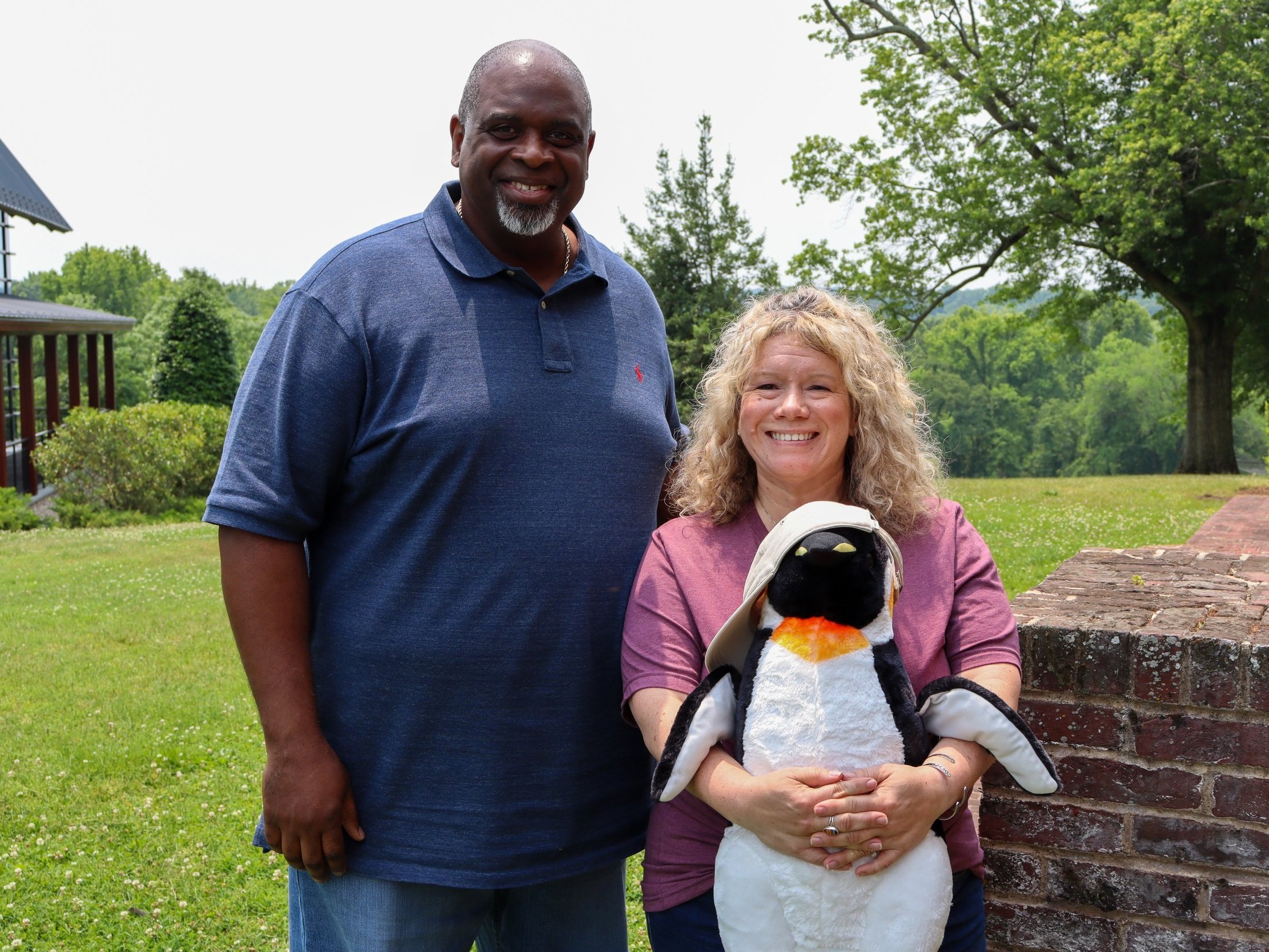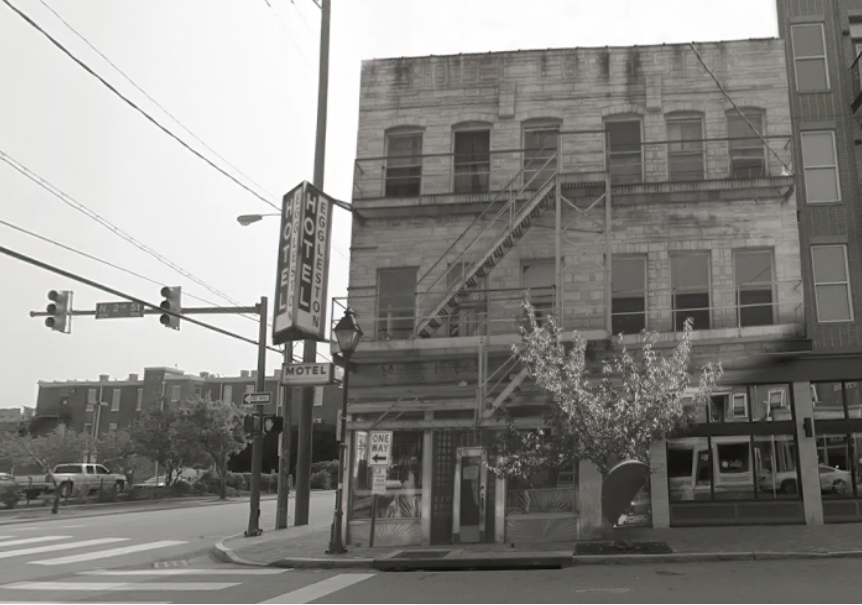Golden Rule: VCDC beyond Virginia

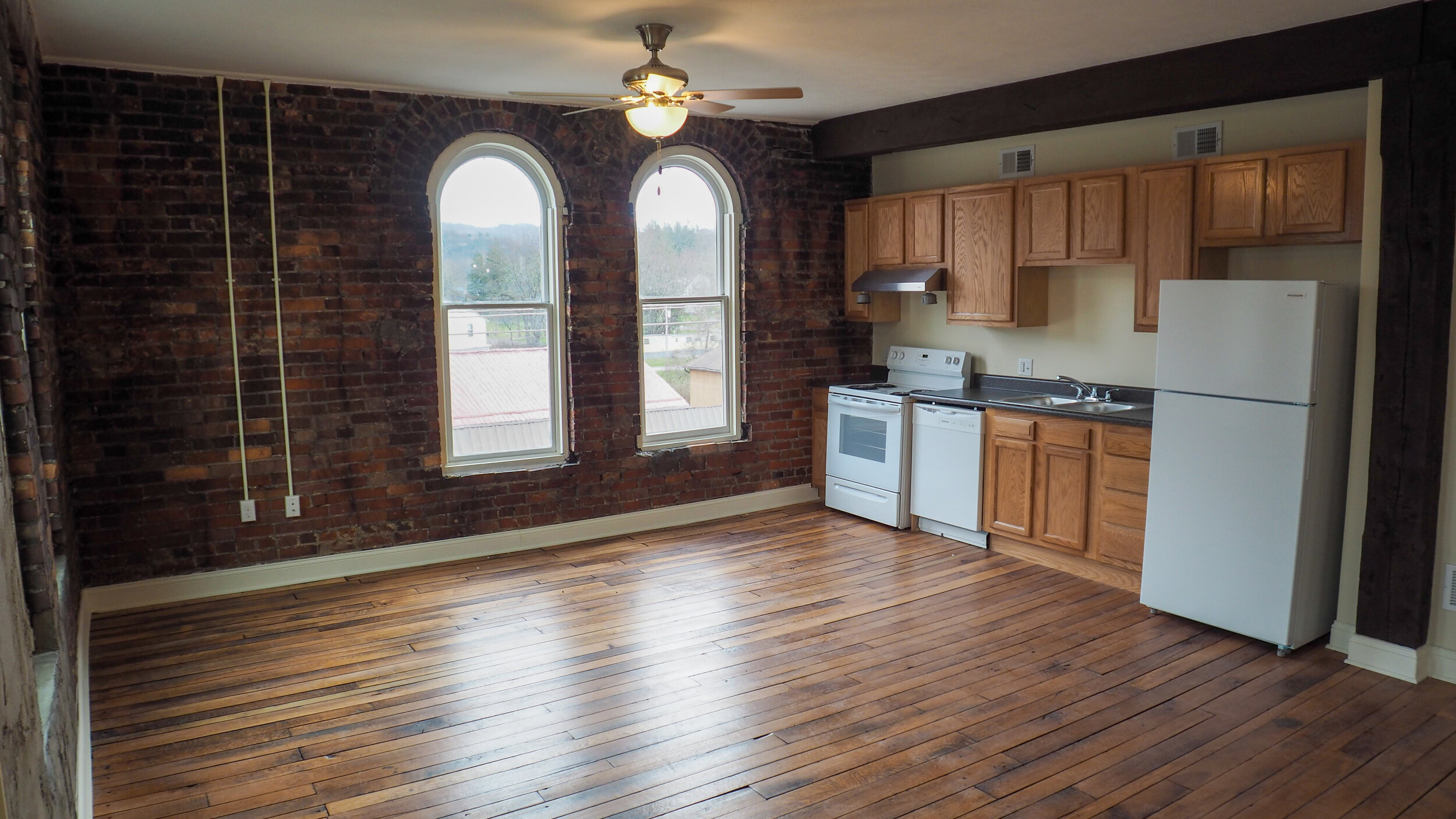
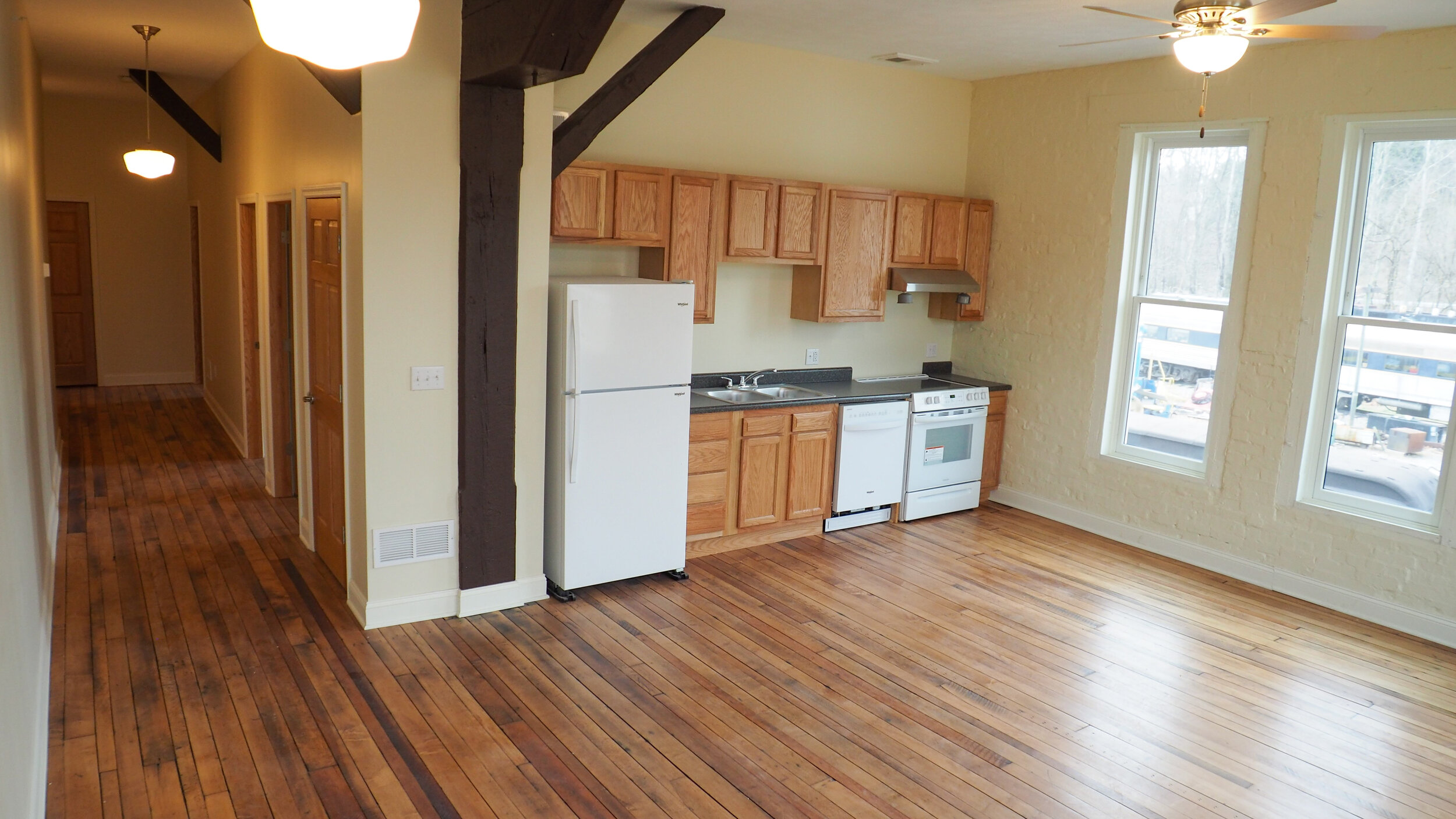
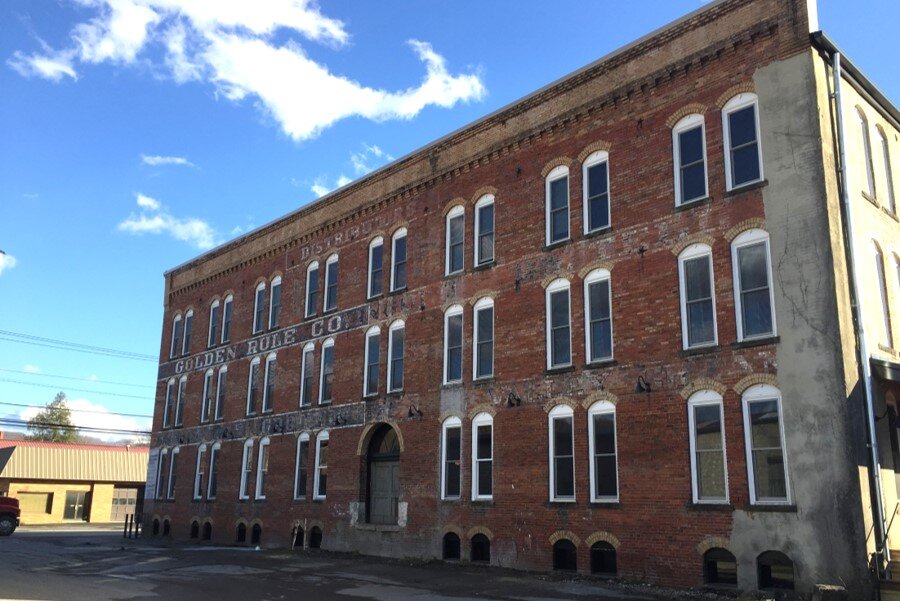
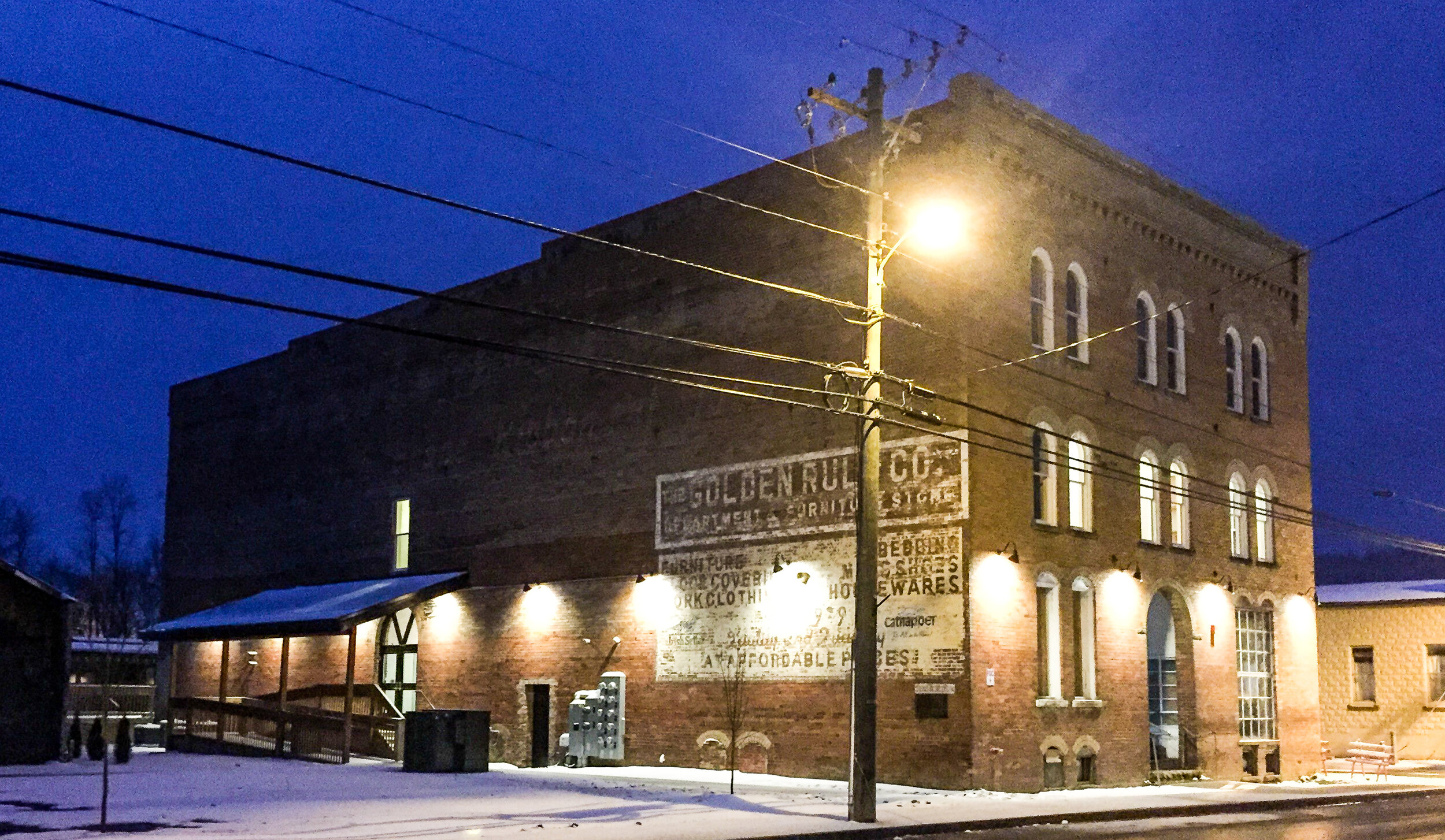
Project Impact: VCDC beyond Virginia
In many small towns in West Virginia today the economic dynamics are out of balance. Populations are declining as younger residents move away in search of better opportunities, which means the tax base is shrinking, making it more difficult to fund services to support businesses, the housing market, and the overall economic structure.
Woodlands Development Group has been working against these trends to sustain healthy, viable communities in West Virginia since 1995. As a developer and community lender in three rural counties in the state, Woodlands provides high-quality rental housing and invigorates local economies through the development and reuse of commercial buildings. Woodlands also provides access to capital and technical assistance to local businesses. These resources are integral to the type of investment that allows communities to progress beyond “just getting by,” to supporting flourishing small businesses and housing opportunities.
However, these efforts are not without their challenges. Organizations like Woodlands rely in part on Federal incentive programs, but these programs work best in large-scale urban projects rather than small, rural ones. “Scale is really the enemy of rural development,” Dave Clark, executive director of Woodlands, told the New York Times in February 2021.
Support from partners like VCDC can help make these projects viable and ease the burden on local developers.
With their first allocation of Low-Income Housing Tax Credits in 2018 Woodlands teamed up with VCDC to complete a project ten years in the making: the renovation and adaptive reuse of the historic Golden Rule building in downtown Belington, WV.
The Golden Rule building has played a central role in the community for much of its life. Built in 1902 by local merchant Luther Shinn as the coal industry was burgeoning on Barbour County, the three-story brick building was one of the first wholesale/retail establishments in town. Shinn installed a gas-powered gristmill on the property and a hydraulic elevator (the only one of its kind in West Virginia), enhancing the building’s capacity to house and sell merchandise. He opened a wholesale grocery, which made use of the building’s location on a railroad line to ship to smaller regional grocers through the Southeast. In 1929 the building transitioned to use as a hardware store, then a department store, and Shinn renamed the store The Golden Rule in homage to his primary business philosophy. At the height of its operations the store boasted its wares as “Everything for Everyone.”
In 2014 the Preservation Alliance of West Virginia listed the historic building as an endangered property, citing deferred maintenance and its significant role in the commercial history of Belington. With the support of the Belington Revitalization Committee and initial funding of $650,000 from the Federal Home Loan Bank of Pittsburg, the Woodlands Development Group purchased the building in 2017. Construction was completed in 2020, preserving an historic landmark, repurposing it for community use, and providing much needed high-quality affordable housing and new jobs. The renovated building features ten residential units on the upper floors and commercial space on the first floor.
For the renovation and preservation of the Golden Rule VCDC put together a local fund to receive LIHTC and Historic Tax Credits, consisting entirely of local community banks (Davis Trust, Freedom Bank, and The Grant County Bank. VCDC provided $1,044,456 in LIHTC equity. The project also received $1,023,567 through Historic Tax Credits.
Relationships with community-invested developers like Woodlands have created opportunities for VCDC and our lending affiliate VCDF to expand our West Virginia footprint. With these partnerships in place, we can support viable, healthy communities by bringing resources to small economies where traditional banks won’t operate.
Location:
Belington, WV
Date of Completion:
March 2020
Development Partner:
Woodlands Development Group
Total Units:
10
Project Cost:
$3,097,470
Private Equity Invested:
$1,044,456








